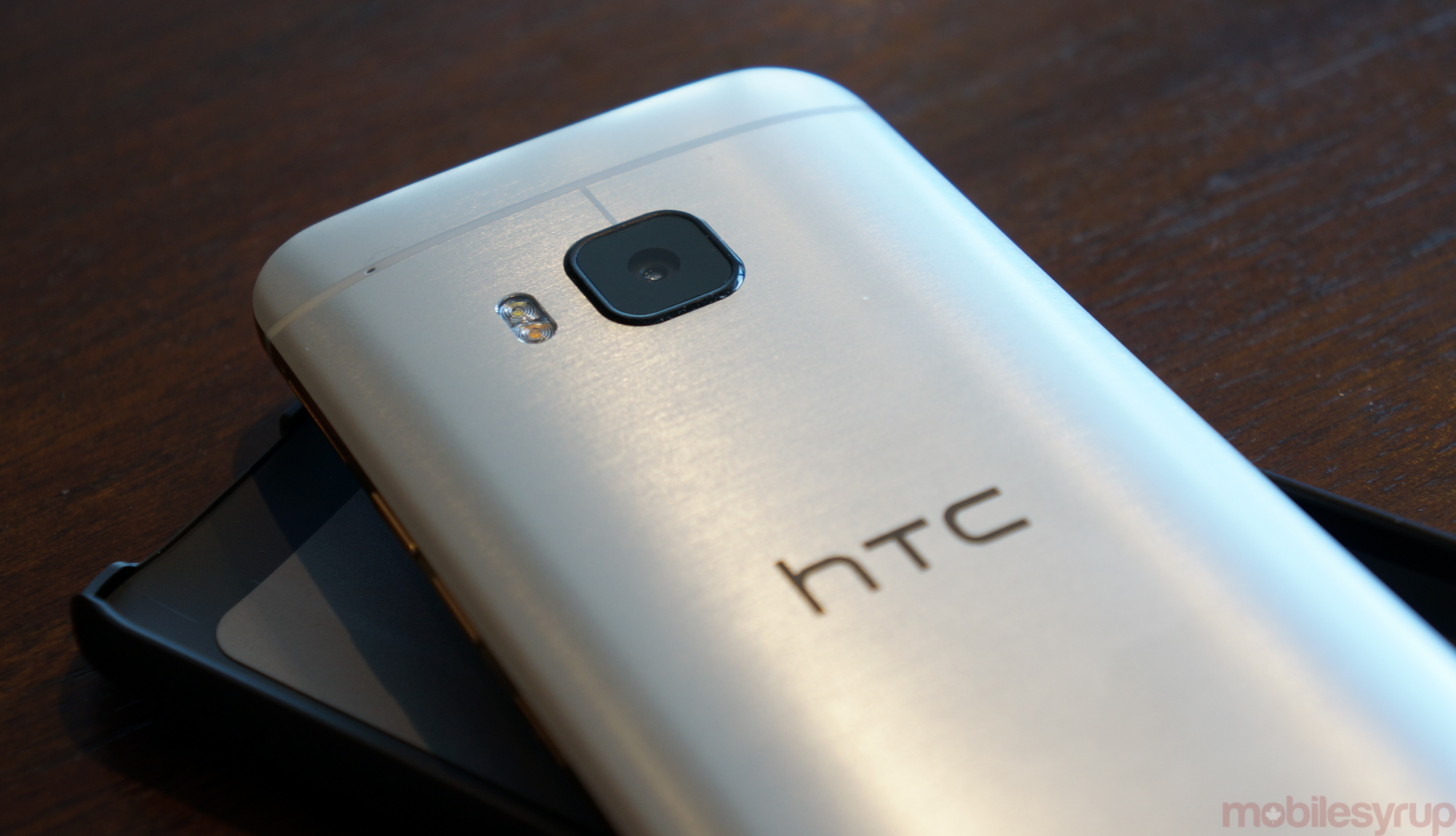
In a bleak turn of events, HTC’s market cap, the value of all its stock combined, has fallen below the cash the company has on hand. On Monday, HTC’s stock price closed at a $1.83 per share. With some 828 million of its stocks available on the Taiwanese stock exchange, that means that the company’s market cap dropped to approximately $1.32 billion, a figure below the $1.5 billion it has in the bank. In other words, in the eyes of its investors, HTC is worthless.
“HTC’s cash is the only asset of value to shareholders,” said Calvin Huang, an analyst interviewed by Bloomberg. “Most of the other assets shouldn’t be considered in their valuation because there’s [sic] more write-offs to come and the brand has no value.”
Obviously, calling the company worthless is a bit of an exaggeration, but it does help underscore the difficult financial straits HTC will need to navigate if it hopes to have any chance of surviving. Since the announcement of the One M9, the company’s stock price has dropped by 60 per cent; in the last week alone, its stock price dropped by nine per cent.
It’s a drastic turn of events for a company that was once only second to Apple in terms of smartphone sales.
In 2011, HTC had the second largest share of the North American smartphone market. According to Wired, that year one in every three Android smartphones sold here bore HTC’s name. At that moment in its history, HTC’s was worth $34 billion. Less than four years later, the company’s North American market share is down to 3.5 per cent. As of December last year, HTC’s market share in Canada was 3.7 per cent, according to comScore.
To help put in perspective how precipitous HTC’s position has become, it helps to look at historical precedents. As Derek Kessler notes in his excellent take on the situation in Android Central, when HP purchased Palm, a company that was similarly vitally important to the development of the current mobile landscape, it paid, when adjusted for inflation, $1.31 billion. In 2015, all that remains of the once historic brand is a trademark owned by a Chinese shelf corporation.
However, it also must be said that there are examples of tech companies that have survived such a difficult position. In Canada, of course, we have the example of BlackBerry, which, under the leadership of John Chen, was able to record a profit of $28 million in 2014. It’s still a shadow of its once great-self, but at the same time it’s also in much better shape than it was under Thorsten Heins.
There’s also the example of Apple. When Steve Jobs returned to the company, it was in a similar position to the one that HTC finds itself in now. After becoming the de-facto CEO of the company, Jobs wisely shut down any project he thought wouldn’t help the company return to profitability, including its Newton, OpenDoc and Cyberdog initiatives, and instead had Apple focus all its efforts on the upcoming release of OS X. According to a Salon article from 2000, Apple employees were so scared of their boss at that time that they avoided eye contact if they met him in a hall or elevator. But as we all know, things quickly changed after the release of OS X and, in 2001, the iPod.
I imagine what HTC will need to do to survive is realize that attempting to salvage its position in the global smartphone market will only lead to its continued downfall.
It needs someone that realizes that the sun has set on its mobile aspirations.
Like so many tech verticals, the smartphone space has solidified around two major players, but that doesn’t mean HTC can’t be a market leader in a future vertical. By all accounts the company has an exceptionally compelling product in the HTC Vive. Moreover, despite the presence of Facebook-owned Oculus Rift VR, virtual reality is a completely open vertical, and one that is only set to grow in the coming years.
However, HTC will need to be around to chase future opportunities, which means cutting costs drastically until the VR market materializes; according to a statement from its chief financial officer, the company is already in the process of culling its workforce.
There’s a potential light at the end of tunnel of HTC, but it’s going to take a lot of work for the company to get there and success is not guaranteed.
[source]Bloomberg[/source][via]Android Central[/via]
MobileSyrup may earn a commission from purchases made via our links, which helps fund the journalism we provide free on our website. These links do not influence our editorial content. Support us here.


